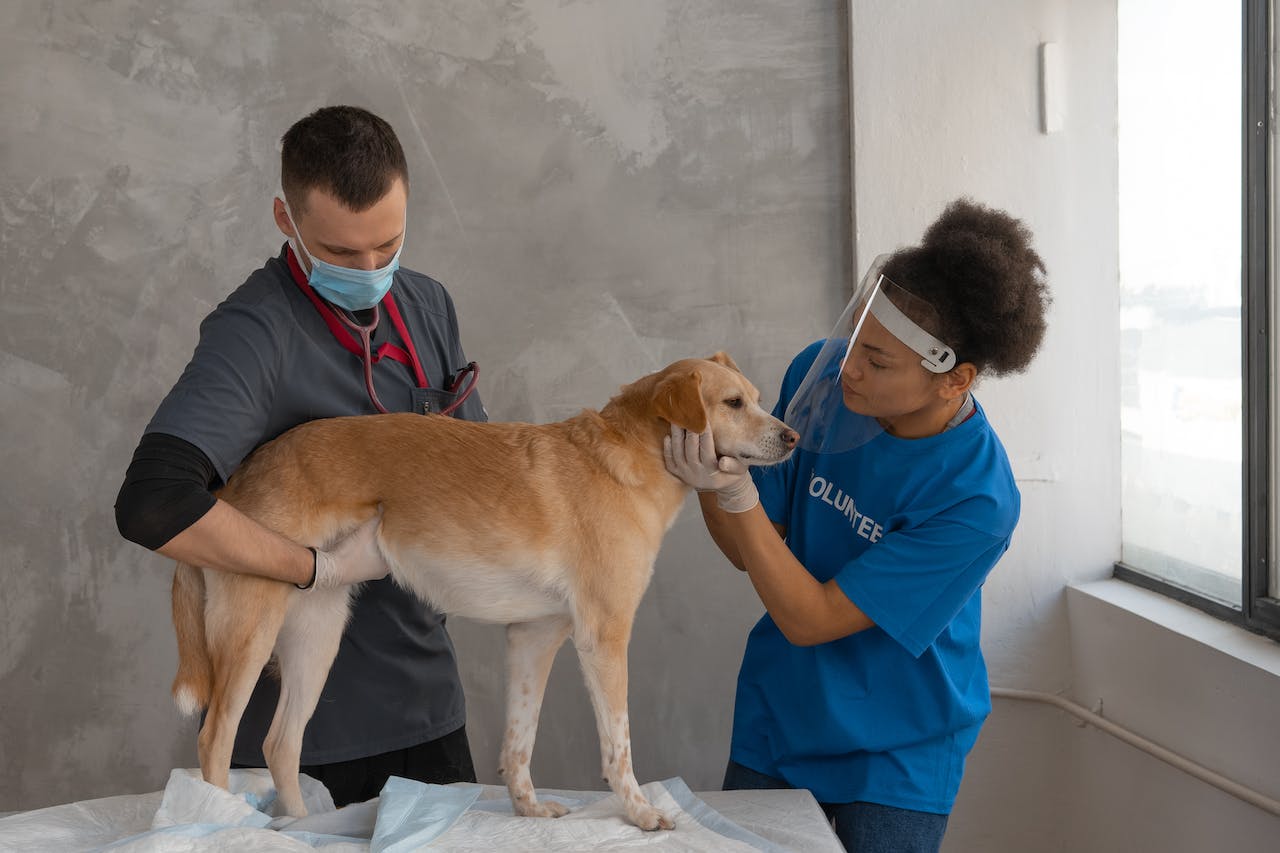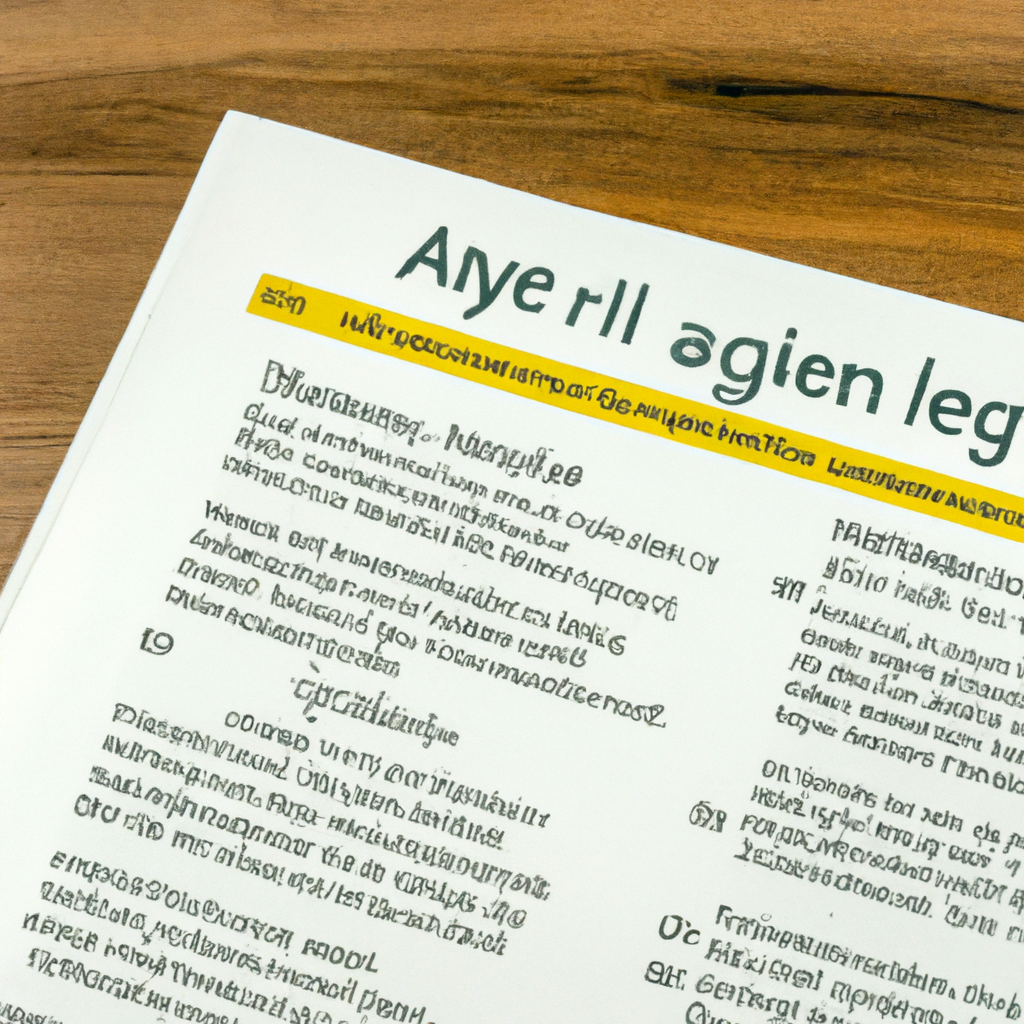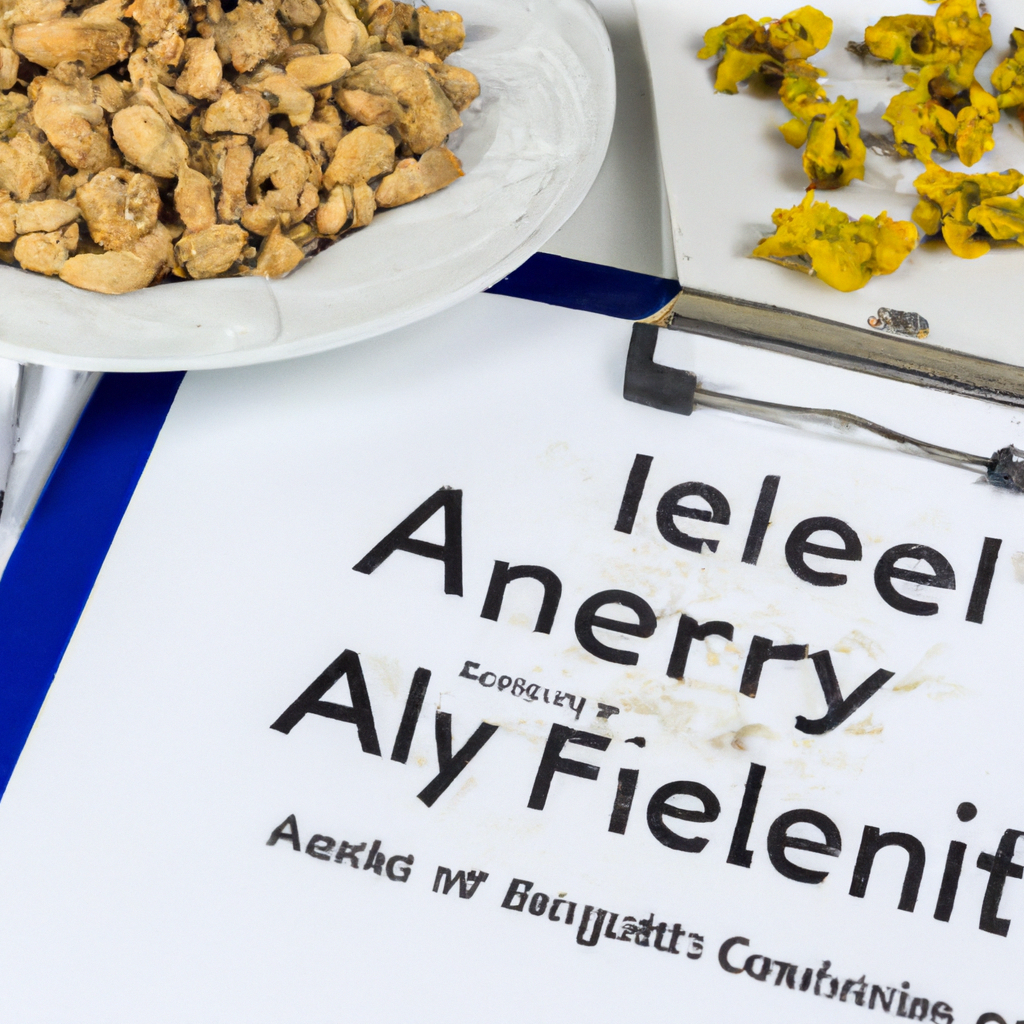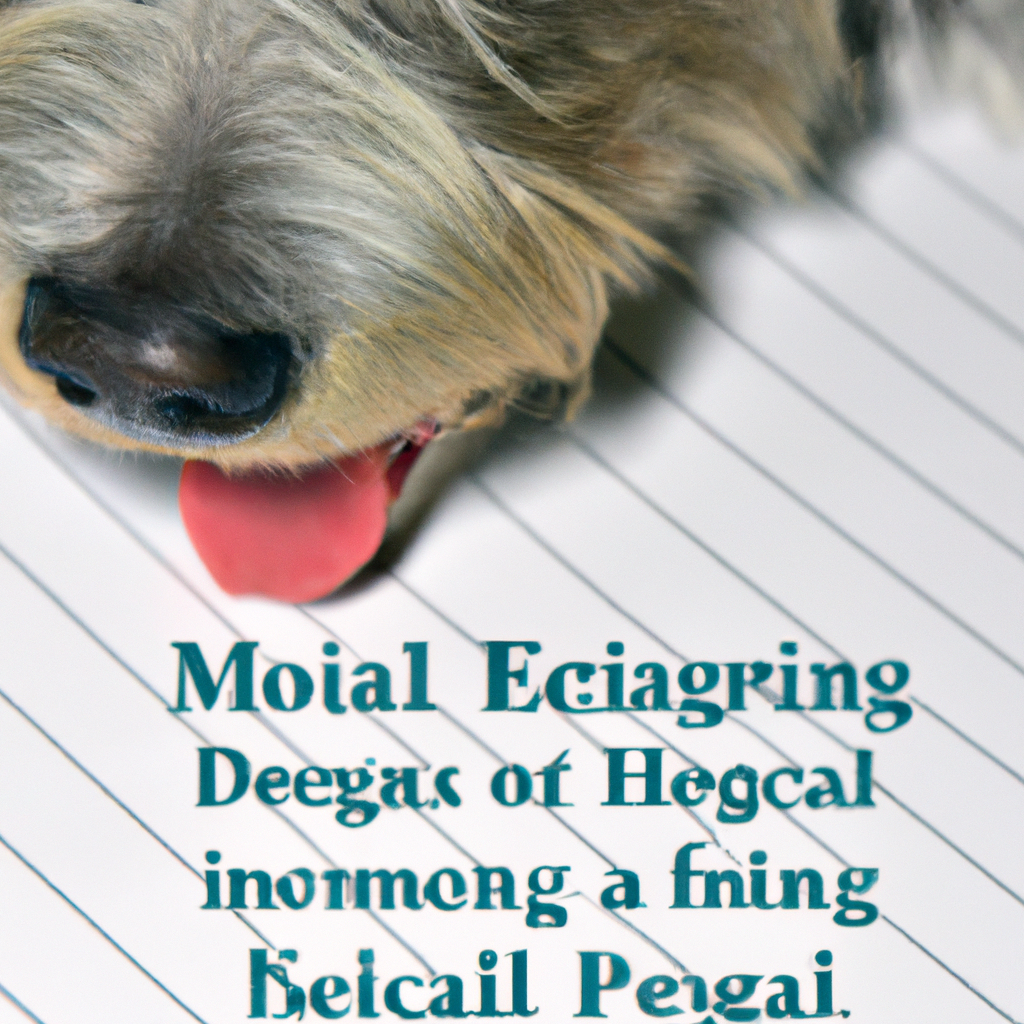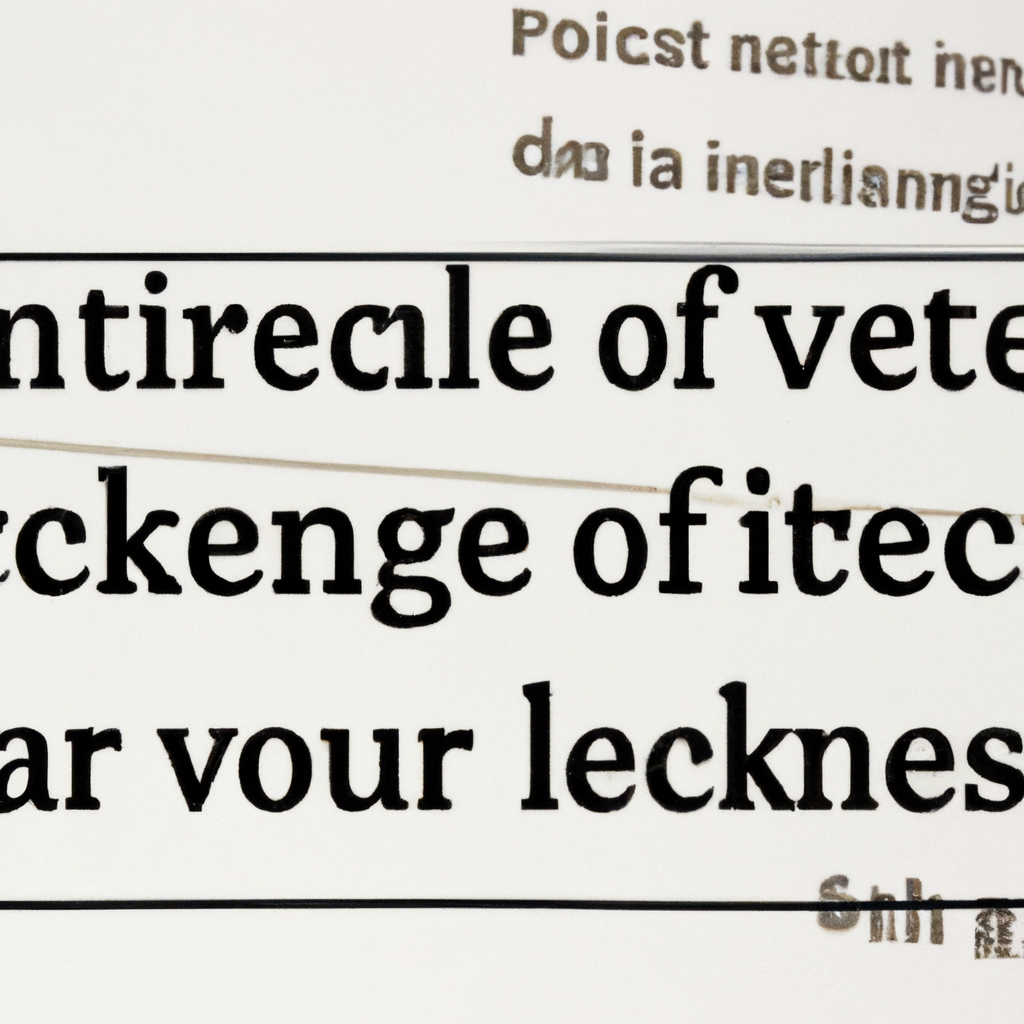Understanding and Managing Noise Phobias in Senior Dogs
In the twilight of their lives, senior dogs deserve comfort and serenity. However, noise phobias can turn their golden

In the serene realm of twilight, when the soft sunrays gently caress the face of the earth, there exists an unspoken symphony—a harmonious blend of chirping birds, rustling leaves, and distant laughter. For most canines, this chorus of life is nothing but a soothing lullaby, a backdrop to their peaceful existence. But alas, nestled quietly amidst the twilight’s embrace, lies a hidden agony, known only to the wise and weary souls of senior dogs.
Noise phobias, like elusive shadows, can slowly creep into their hearts, tormenting them with each unexpected thunderclap or sudden boom. Truly, there are many among these aged companions who find solace in their golden years, yet these same years can bring with them an overwhelming sensitivity to the sounds that once brought joy. Thus, it falls upon us, their devoted caretakers, to seek understanding and learn the art of managing these noise phobias, unraveling the delicate strands of their psyche while nurturing their serenity.
In the pursuit of this noble endeavor, we must abandon all preconceived notions, for the world of noise phobias is not one of mere nuisance or triviality. It is a realm where fear takes flight and anxiety is the unwelcome guest that lingers at the door. Our task, then, becomes one of empathy and education—a quest to bridge the gap of understanding, to peer into the enigmatic realm of a senior dog’s soul, and guide them towards tranquility.
In this enlightening article, we shall embark upon a journey of comprehension, delving into the intricacies of noise phobias that plague our beloved senior canines. We shall explore the causes that tether their hearts to despair, and uncover the secrets of how these phobias can manifest in various forms. But fret not, dear reader, for this endeavor is not treacherous but rather compassionate, born out of a desire to alleviate the torment that grips these aged souls.
Let us endeavor to understand the mysteries of senior dogs—those endearing wise beings—who find themselves at odds with the boisterous world around them. Together, we shall discover the keys that unlock their serenity and the methods that bestow upon them a life free from the tyranny of noise phobias. So, join us, as we embark upon this empathetic exploration, and unravel the enigma of understanding and managing noise phobias in our cherished senior dogs.
Understanding Noise Phobias: Causes and Effects in Senior Dogs
Noises, often harmless to us, can trigger overwhelming fear and anxiety in our beloved senior dogs. Understanding the causes and effects of noise phobias is crucial to easing their distress.
Causes:
- Age-related hearing loss: As dogs age, their hearing may become more sensitive, making them susceptible to noise-induced anxiety.
- Previous traumatic experiences: Dogs can develop noise phobias due to past encounters with loud or frightening noises, such as thunderstorms or fireworks.
- Genetics: Certain breeds are predisposed to noise sensitivity, making them more prone to developing phobias.
Effects:
- Physical symptoms: Dogs with noise phobias may exhibit trembling, excessive panting, or even try to escape from their surroundings.
- Behavioral changes: These phobias can lead to destructive behaviors, such as chewing furniture or excessive barking, as a means to cope with their fear.
- Emotional distress: Senior dogs experiencing noise phobias may become withdrawn, anxious, or refuse to eat, affecting their overall well-being.
By recognizing the causes and effects of noise phobias in senior dogs, we can implement effective strategies to alleviate their anxiety and provide them with a more peaceful environment.

Recognizing and Assessing Noise Phobias in Senior Dogs
As our furry companions age, they may develop certain fears and anxieties, especially when it comes to loud and sudden noises. It is important for pet owners to be observant and attentive in recognizing the signs of noise phobias in their senior dogs. Here are some key indicators to look for:
- Excessive panting: If your senior dog starts panting heavily or excessively during noise events, it could be a sign of noise phobia. This behavior is often accompanied by restlessness and pacing.
- Trembling or shaking: When exposed to loud noises, senior dogs with noise phobias may display trembling or shaking. This physical response is a clear indication of their distress.
- Escaping or hiding: If your senior dog attempts to hide or escape from a noisy environment, it could suggest a noise phobia. They may seek refuge under furniture or in small, enclosed spaces.
Once you’ve recognized these signs, it is crucial to assess the severity of your senior dog’s noise phobia. This assessment will help you determine the necessary measures to help alleviate their anxiety. Here are a few steps to follow:
- Consult a veterinarian: Schedule an appointment with your vet to discuss your senior dog’s noise phobia. They can help rule out any underlying health issues and provide tailored advice on managing the phobia.
- Behaviorist evaluation: Consider seeking the assistance of a professional animal behaviorist who specializes in canine anxiety. They can assess your senior dog’s specific fears and develop a personalized treatment plan.
- Desensitization and counterconditioning: Working with a behaviorist, you can gradually expose your senior dog to the noises that trigger their phobia, coupled with positive reinforcement. Over time, this can help them develop a more positive association with those sounds.

Effective Techniques for Managing Noise Phobias in Senior Dogs
Noise phobias can be distressing for senior dogs, but there are several effective techniques that can help manage their anxiety and make them feel more comfortable. Here are a few methods you can try:
- Create a safe haven: Designate a quiet and cozy space in your home where your senior dog can retreat to during times of noise. This can be a room with soundproofing or a comfortable crate covered with blankets to muffle external sounds.
- Use calming aids: Consider using natural calming aids such as lavender-infused collars or pheromone diffusers. These can help promote a sense of relaxation in your senior dog and alleviate their anxiety during noisy situations.
- Desensitization techniques: Gradually expose your senior dog to low levels of noise and gradually increase the volume over time. Pair these noise sessions with positive reinforcement, such as treats or playtime, to help them associate noise with positive experiences.
Additionally, it’s essential to remain calm and composed when your senior dog exhibits noise phobia symptoms. Your reassuring presence can help provide them with a sense of security. Remember, each dog is unique, so experiment with different techniques and consult with a professional if necessary to find the most effective strategies for managing noise phobias in your senior furry companion.

Creating a Calming Environment: Recommendations and Strategies for Senior Dogs with Noise Phobias
Recommendations and Strategies for Senior Dogs with Noise Phobias
As our furry companions age, they may develop noise phobias that can cause extreme stress and anxiety. To create a calming environment for senior dogs with noise phobias, consider the following recommendations and strategies:
- Provide a Safe Haven: Designate a quiet, secluded area in your home where your senior dog can retreat to when noise triggers their anxiety. Make this space cozy and comforting by placing their bed, favorite toys, and a soft blanket.
- Music Therapy: Playing soft classical music or ambient sounds can drown out sudden noises and help soothe your senior dog’s nerves. Experiment with different types of music to find what works best for them.
- Calming Supplements: Natural supplements such as chamomile, lavender, or valerian root can provide relief for noise phobias. Consult with your vet to find the right dosage and type for your senior dog’s needs.
Wrapping Up
As we conclude our exploration into the world of noise phobias in senior dogs, we hope to have shed light on this often overlooked aspect of their lives. Our furry companions, who have braved the tests of time by our sides, deserve a peaceful and comfortable existence in their golden years.
Understanding the intricate nuances of noise phobias is the first step towards effective management. Recognizing the signs, such as trembling, pacing, or seeking refuge in hiding spots, enables us to extend a helping hand to our beloved companions when they need it the most. With empathy, patience, and a wealth of available solutions, we can ease their fears and restore their peace of mind.
Remember, dear pet parents, you are not alone in this journey. Reach out to your trusted veterinarian or seek guidance from canine behavior experts who possess a deep understanding of noise phobias. Together, we can create a tranquil world for our senior dogs, where they can find solace, security, and bliss, even in the loudest of storms.
As we part ways, let us embrace the commitment to making our dogs’ lives as tranquil as possible, allowing them to bask in the serenity of their twilight years. Beyond the barks, beyond the booms, let us strive to create a symphony of tranquility where our senior dogs can find comfort and contentment.
Until we meet again, may your hearts be filled with compassion, your homes be filled with peace, and your senior companions be showered with love and understanding.

